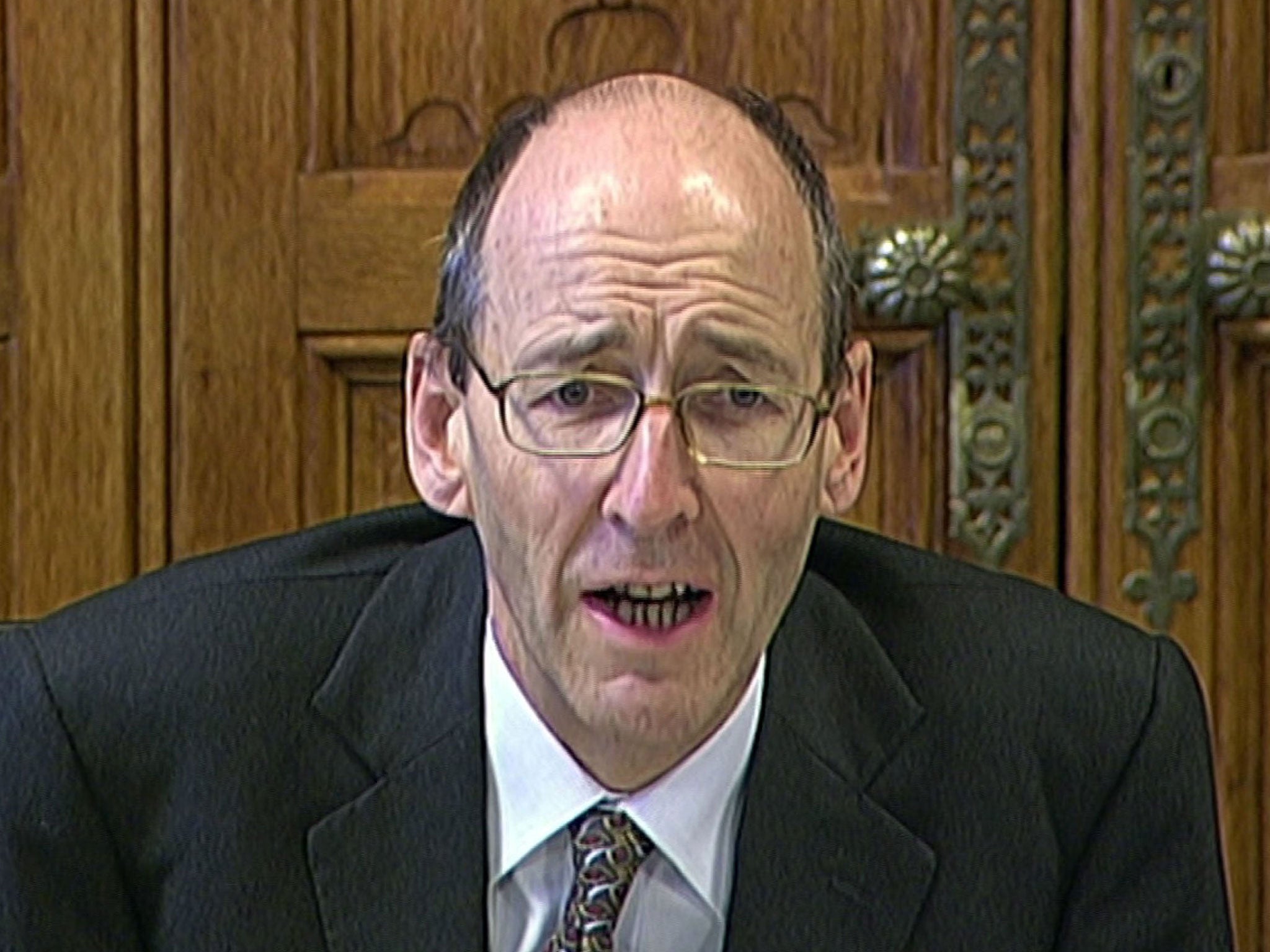Lloyds Banking Group: Have taxpayers got value for our investment?
The state’s stake has just dipped below 7 per cent but it’s fair to ask whether the Government should have suspended sales given the kicking Lloyds shares took after the EU referendum

Andrew Tyrie, the chairman of the Treasury Select Committee, is fond of asking “did that represent value for the money for the taxpayer?” when ministers and other public sector types appear before him to answer for their actions.
In these financially strained times that’s no bad thing, which brings us neatly to Lloyds Banking Group, and the way the Government has been selling off the taxpayer’s remaining shares.
It has just been announced that our stake in that institution has fallen below 7 per cent.
After being bailed out with £20.313bn of taxpayer’s cash during the financial crisis, we’re now within sight of the end of its reprivatisation.
That being the case, perhaps we should ask Mr Tyrie’s question.
Now, in August Hargreaves Lansdown, the broker, issued a report on the sale process, using figures from the most recent annual report from UK Financial Investments (UKFI), which manages the state’s stake and provides the Treasury with a fig leaf so it can interfere when it wants to.
It showed that the Government had made £16.571bn through selling Lloyds Banking Group shares.
It did this via two big one off sales at 75p apiece followed by the adoption of what was called the “trading plan” that has seen a steady drip feed of shares into the market. Up to 31 March that had achieved an average price of 81.4p.
Given the state’s break-even target, based on its initial investment, is 73.6p, the answer to whether those sales represented value for money is almost certainly yes.
However, Hargreaves Lansdown made a case for that target price being revisited in the wake of the profits the Government has made on our behalf.
The report highlighted that the Government received £3.198bn in fees and dividends from Lloyds. Its total investment net of those was therefore £17.115bn.
If you take away the £16.571bn from the sales detailed in the annual report, you’re then left with £544m, which Hargreaves said the Government could recoup by selling its remaining stake at just 8.4p a share, and less still after the payment of the most recent 0.75p dividend.
I’ve no argument with the maths, and the report made for a good read. But its conclusion misses one crucial point: would sales at that price represent good value for money?
Of course not, given that shares, even at their most recent 12-month low, have been trading at many times that price. When the Hargreaves Lansdown report was published they were trading at a shade above 55p.
So happy days, right? Even at that price Government would have made a handsome profit based on the report’s case.
True enough. But does selling at the depressed prices Lloyds has been trading at in recent months represent good value for money?
Well, no. Lloyds shares slumped in the wake of the Brexit vote, and no wonder. The bank’s fortunes are closely linked to those of the UK economy and the UK economy is going to take a kicking from that piece of stupidity.
The Government, or its UKFI creature, had no pressing need to sell into the depressed market for Lloyds shares that the EU referendum created. But it carried on regardless, as the below 7 per cent announcement shows.
Since their post referendum kicking the shares have recovered to something close to 62p.
While the outlook remains uncertain, the bank has made some reassuring noises about margins and capital generation.
I wouldn’t be rushing out to buy the stock. But it was clearly over sold in reaction to the result of the EU referendum, and there’s certainly a strong argument that the Treasury, or UKFI, should have suspended the trading plan in its wake.
There’s also a very strong argument for revisiting that value-for-money question with the Treasury and UKFI in public so they can explain why this didn’t happen. Over to you Mr Tyrie.
Join our commenting forum
Join thought-provoking conversations, follow other Independent readers and see their replies
Comments
Bookmark popover
Removed from bookmarks